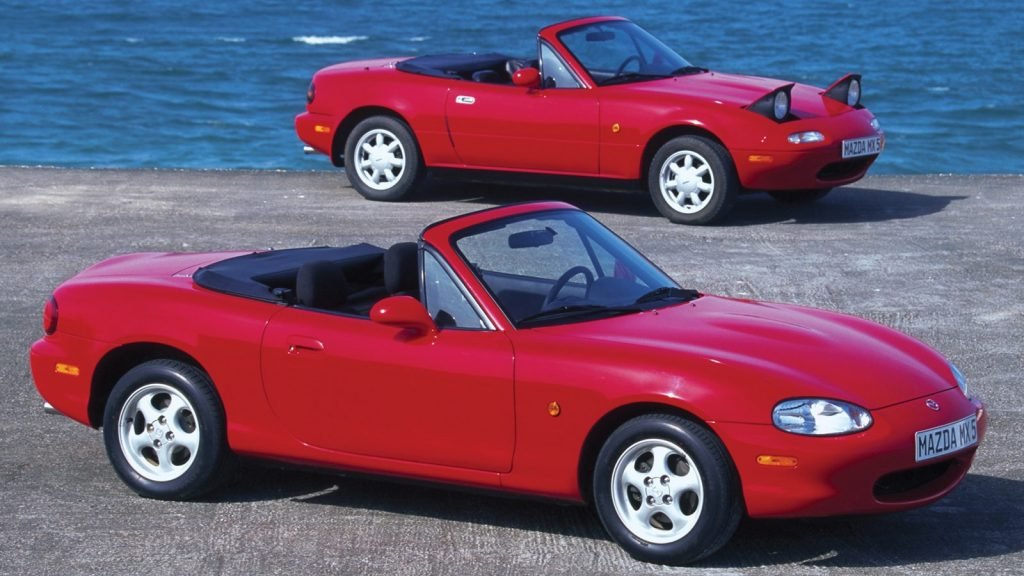China’s dominance in the electric vehicle (EV) market has reached a new level of irony: the country is now concerned that the United States might steal its trade secrets. According to a report from the Financial Times, China is delaying approval of BYD’s planned manufacturing plant in Mexico due to fears that its technology could leak to the U.S.
As Jalopnik‘s Matt Hardigree puts it:
“There’s a narrative in the automotive world that the Chinese government allowed the whole world to bring in its manufacturing to China, only then to steal the competency necessary to build cars. That narrative exists because, in some part, that’s what happened.”
While China has certainly benefited from foreign automakers’ expertise, Hardigree points out that the country also “pumped billions and billions of dollars into becoming a leader in electric cars.” Now, as China leads the EV race, it’s reluctant to allow the U.S. to reverse-engineer its success.
BYD’s Mexico Dilemma
BYD, one of China’s biggest EV makers, has been expanding its export market, with Mexico playing a key role. But when news of its planned plant in Mexico surfaced, the U.S. responded with heavy tariffs on Chinese-built EVs and pressured Mexico to make things more difficult for BYD. However, it’s not just U.S. resistance that’s slowing BYD down—the Chinese government itself is now worried about the move. According to Jalopnik:
“Authorities fear Mexico would gain unrestricted access to BYD’s advanced technology and knowhow, they said, even possibly allowing US access to it.”
It’s a moment of supreme irony. As Hardigree puts it:
“Now, though, it’s the Chinese government that’s worried about the plant. Why?”
The concern seems to be that what China once did to Western automakers—absorbing their knowledge through joint ventures and partnerships—could now be done to them.

VP Vance on ‘Cheap Labor’
This development comes as U.S. Vice President J.D. Vance argues that cheap labor is a “crutch” that has harmed American industry. In a speech at the American Dynamism conference, Vance highlighted the downside of globalization:
“The idea of globalization was that rich countries would move further up the value chain while the poor countries made the simpler things.”
However, he suggested that this assumption was flawed:
“It turns out that the geographies that do the manufacturing get awfully good at the designing of things.”
This, Hardigree notes, is precisely what happened with China. The country didn’t just manufacture EVs—it became the global leader in them. The irony, again, is striking: “If you’re confounded by the large number of people who voted Bush-Obama-Obama-Trump-Biden-Trump I think you can go all the way back to the neoliberal trade policies of the Clinton Administration.”
The Future of U.S. Auto Tariffs
Meanwhile, America’s trade policies remain unpredictable. Despite Japan being the largest foreign investor in U.S. manufacturing, the Biden administration is considering increasing tariffs on Japanese cars. As Jalopnik points out:
“America has a 2.5% tariff on cars imported from Japan, but Japan has no tariff on cars imported from America.”
Japanese automakers, including Subaru and Mazda, now face uncertainty as they seek exemptions from the new tariffs.

The GM BrightDrop Problem
On the domestic front, General Motors’ electric BrightDrop vans are piling up in Ontario, as companies hesitate to buy them due to their high price. According to Detroit Free Press, GM’s EV van costs $74,000—far more than Ford’s competing E-Transit, which starts at $51,600. As Hardigree notes:
“By building the best van did GM build the least popular one?”
A Full Circle Moment
China’s fears about intellectual property theft, America’s struggles with its trade policies, and GM’s over-engineered van all point to a world of unintended consequences. As Hardigree sums it up:
“There’s so much irony I’m going to burst at this point.”
And to top it all off, he closes with one final irony—Alanis Morissette’s song “Ironic,” which famously includes lines that aren’t actually ironic at all.
Economic Jitters: Markets and Consumers Brace for Uncertainty







